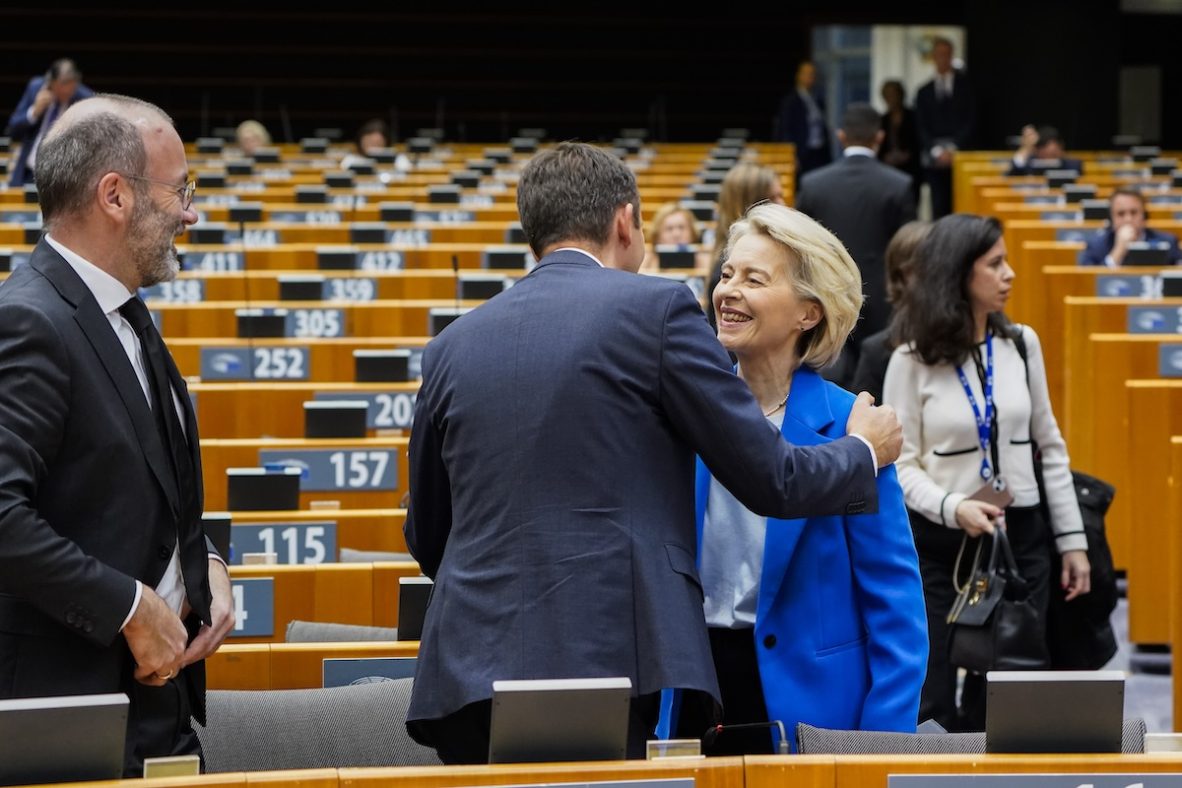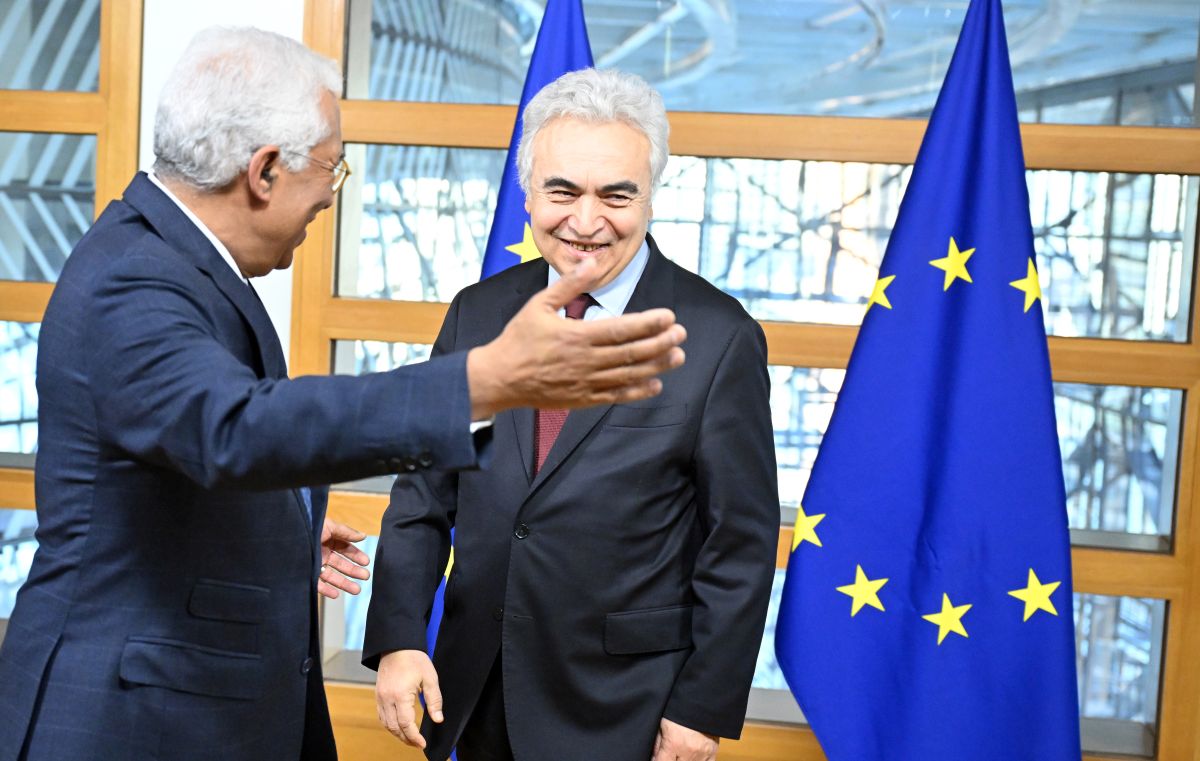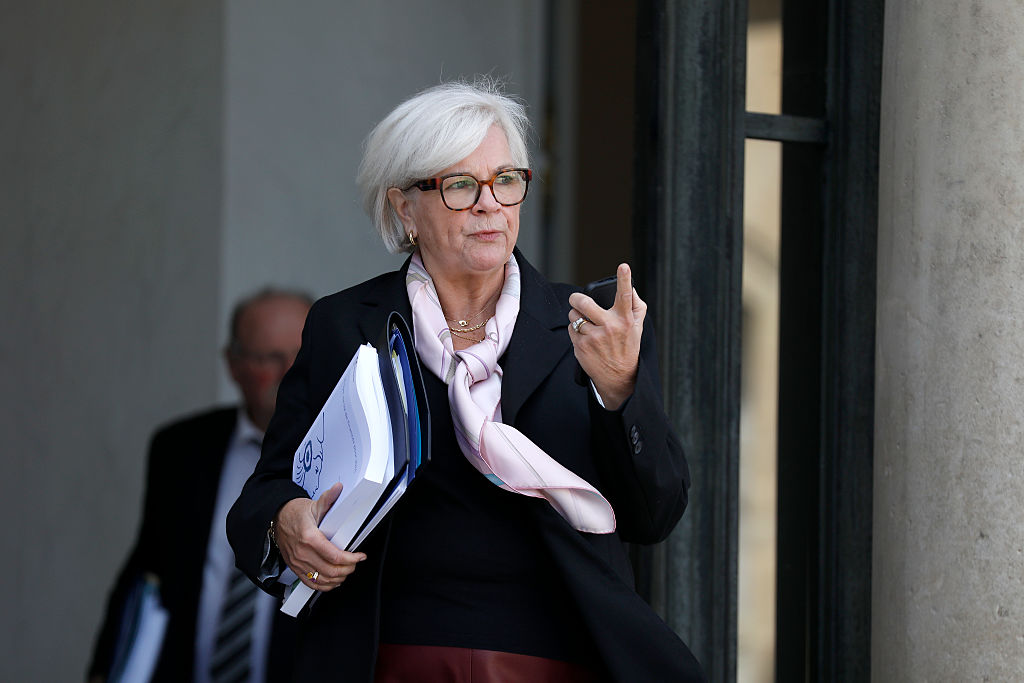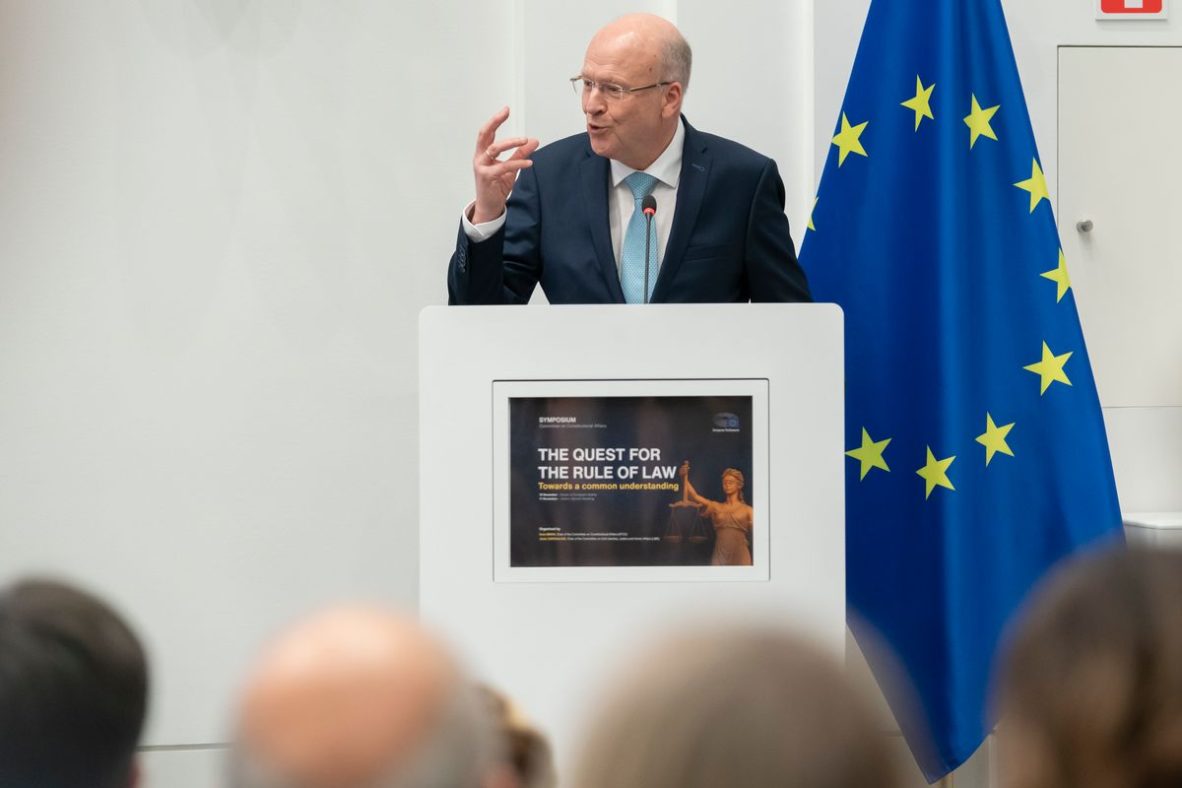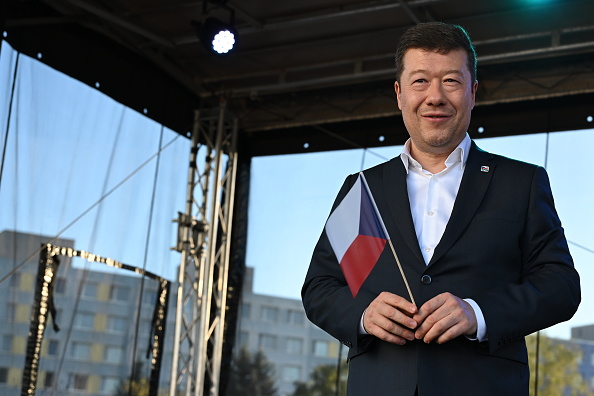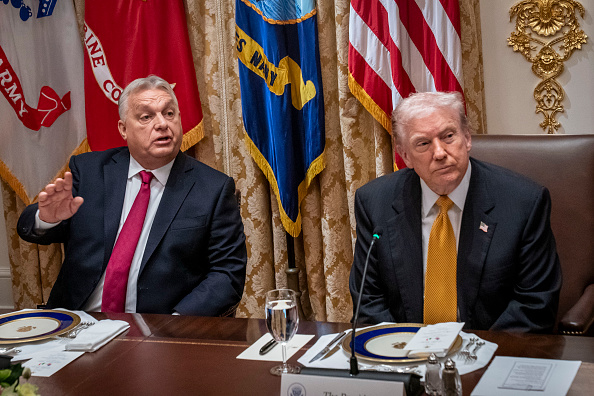'EV shock' splitting Europe into two camps, IMF chief economist warns
Under the tariff scenario, "equilibrium effects" are going in the the direction of "either a change in the real exchange rate or a loss of competitiveness in other industries,” IMF's Pierre-Olivier Gourinchas said.

The chief economist of the International Monetary Fund (IMF) has warned that an ongoing surge of electric vehicles (EVs) from China, coupled with decreased demand for internal combustion engines, is dividing Europe into countries that benefit from it and those that do not.
An increasing share of electric cars is one of the key strategies of the EU to reach its climate targets in the mobility sector, but sales numbers so far remain behind expectations.
Speaking at a geoeconomics conference by the Kiel Institute for the World Economy in Berlin on Friday (18 October), the IMF’s Pierre-Olivier Gourinchas said that the European Union is facing an “EV shock” caused by an “improvement in productivity” of Chinese EV manufacturers and abating demand for petrol and diesel cars.
In economic terms, this would see Europe divided into two groups of differently affected countries, Gourinchas said. “The overall impact [on GDP growth] would be close to zero, but the impact across different countries could be very different,” he said.
In countries “very integrated in car manufacturing,” such as Slovakia, the Czech Republic, and Hungary, the “EV shock” could lead to an overall GDP reduction of up to 1% compared to the status quo.
Similarly, “the impact on the labour force would also be quite sizable,” the economist said.
“Some of these countries have a fairly significant share of their labour force that is directly or indirectly linked with the [automotive] sector,” he said. In Slovakia and Hungary, “1.6% to 2.6% of the labour force […] would be potentially displaced as a result of that shift,” he added.
Meanwhile, while Germany also formally belongs to this camp, the impact would be much closer to zero, IMF research shows, as “adverse short-run effects are more significant for smaller economies heavily reliant on the car sector.”
On the other hand, for the second group of countries—those that “are users of cars”—Gourinchas said that “having access to these cheaper electric vehicles that are coming from China is a net benefit.”
Among those countries, Cyprus, Ireland, and Malta stand to gain the most economically, with a positive impact on their GDP of above 1%.
Tariffs will hurt countries ‘uniformly’
Despite the significant impact of Chinese competition on some European economies reliant on the automotive industry, Gourinchas believed that introducing tariffs on China-made EVs would “generally hurt” the euro area.
This would be the case for tariffs of either 25%, 100% or any value that would block Chinese EVs completely from the European market and would be “hurting countries more or less uniformly,” he said.
“Of course, it’s going to reduce some of the employment losses in some of the most at-risk countries,” Gourinchas said.
“But the general equilibrium effects are going in the other direction, through either a change in the real exchange rate or a loss of competitiveness in other industries.”
Gourinchas also argued that “welfare losses” would be compounded by the fact that achieving climate transition would become more costly, he said.
Earlier this month, a rejection vote by Germany and four other countries and 12 abstentions weren’t enough to block the European Commission’s planned introduction of definitive EU tariffs of up to 35% on China-made electric cars by 30 October.
Meanwhile, Some European carmakers are warning that demand for EVs has not yet materialised at the levels that policymakers were expecting, making it difficult for the sector to meet the 2025 and 2035 CO2-emission reduction targets for newly sold cars.
[Edited by Anna Brunetti/Alice Taylor-Braçe]
